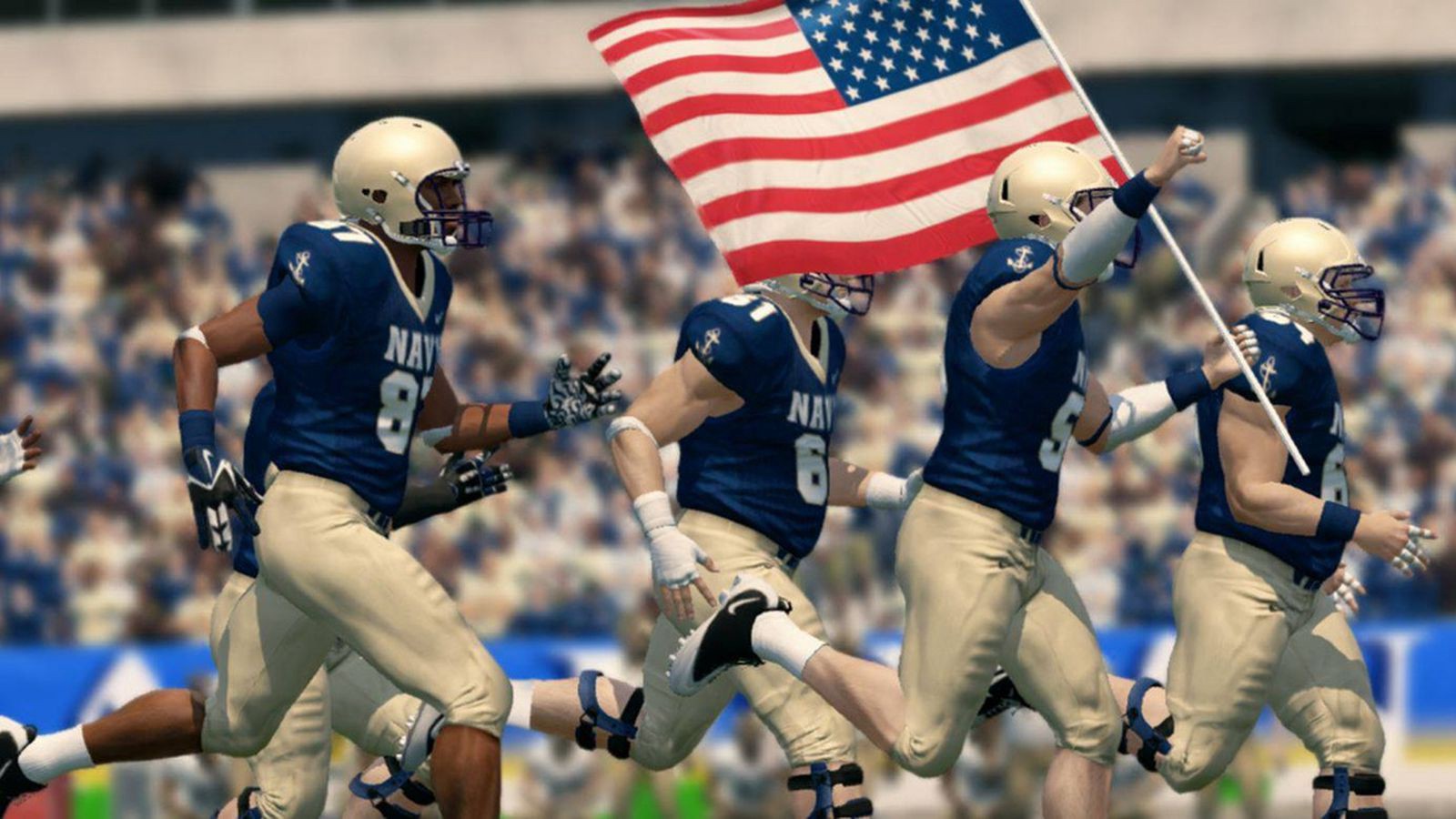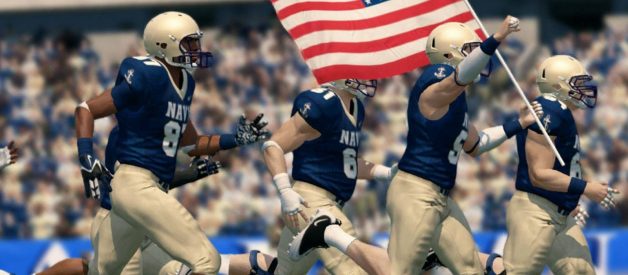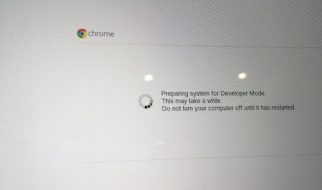*Be sure to check out my follow-up article on what features and modes a new NCAA game might have, if it ever happens!
If you were to take a survey of the most rabid gaming fans out there, sports gamers would be at the top of the list. Within that fan base, there is no more passionate group than college football fans. Yet they have been without a new game in the storied NCAA Football franchise since 2013, and many wonder if it will ever return. Let?s take a look back, then examine the forces that will determine the answer to that question.
The college football game we know today has its roots way back in 1993, when Electronic Arts published Bill Walsh College Football. The franchise really took off when EA managed to convince the NCAA (college athletics? governing body) to sell it the license to make games with names and imagery from the actual schools.
College football is all passion and pageantry, with alumni and fans swelling with pride at the mere mention of their school?s name. It?s no wonder then that the games, showing pregame and halftime rituals, mascots and the like, were a huge success.
The only catch to this was the players, whom the NCAA considers as students and not employees of the university. It has long been against the rules for student-athletes to profit from their likeness or make any kind of money at all, ostensibly to keep them from being unfairly co-opted or wooed to go to a certain school. EA found a way around that by giving the players fake names but allowing players to edit the names to match their favorite players. And so fans fell even more in love with the game and their virtual versions of their favorite players and schools.
 EA?s NCAA Football. Source: SB Nation.
EA?s NCAA Football. Source: SB Nation.
This all came to a halt in 2013, when the NCAA did not renew the license for EA to make the games. The reason was a court case, brought (and eventually won) by former UCLA basketball star Ed O?Bannon, alleging anti-trust violations against the NCAA for not allowing players to profit from their name, image and likeness (NIL).
Bitterly opposed to paying players, and having no legal way to continue their current system, the NCAA pulled the plug on the license. Thus, NCAA Football 2014 was the final game published in the beloved series. Since then, the debate has raged over players being paid, what they should be paid, if it would morally corrupt the sport and society at large, and so on.
The matter was considered settled until last year, when a California court made that state the first to allow college athletes to profit from their NIL rights. This was a huge step for players and fans, and a huge blow to the NCAA, as most expect other states to follow suit, leading to a tidal wave that would force colleges to pay their players. Facing this legal challenge, the governing body went to work reviewing the rules. This resulted in a new set of guidelines released just this April, stating student-athletes could profit from third-party endorsements.
There was much rejoicing, many beers were drunk, and everyone took to Twitter asking when the next game would be released.
To quote the much loved coach and announcer Lee Corso, though, ?Not so fast, my friend?. The new rules allow individuals to profit, meaning brands like Nike and Gatorade can contract individually with college athletes as spokespeople just like pro players. But the NCAA introduced new restrictions on how the NIL rights can be used, including that players cannot enter into group licensing deals with the school. So Electronic Arts has no way to get the rights to put individual schools or conferences into it?s game, leaving the idea dead in the water yet again.
What Comes Next?
This is the billion dollar question on the lips of everyone from school presidents to marketing firms, and all the way to fans. It?s clear that gamers are clamoring for the franchise to continue, while businesses in far reaching industries are lining up to contract with schools to sell merchandise and make endorsement deals.
The NCAA says that group licensing can?t be done without student-athletes becoming part of a union, but many groups say that it can be done rather easily. It isn?t clear which side will budge first, but there are billions of dollars to be made on all sides.
Until the NCAA decides that group licensing is acceptable, or the member schools of each division decide to ignore the NCAA and make a side deal, there doesn?t appear to be a future for the game as we know it.
Electronic Arts could decide to put out another generic game like it did all the way back in the early ?90s. With all it?s other franchises going strong, why would it take that step, spending the money and resources for a game without the heart and soul of what makes it so important to fans?
Ultimately, I think the tide of popular opinion and legal challenges will eventually overwhelm the NCAA, forcing it to accept payment and full licensing rights for college players. Whether you think that is good or bad for college athletics is a source of endless debate. We may not play an officially licensed college football game on the PS5, but I?d bet that whatever comes next will see us proudly hailing our alma mater in all its virtual glory.
![]() Cover image by Dave Adamson.
Cover image by Dave Adamson.


